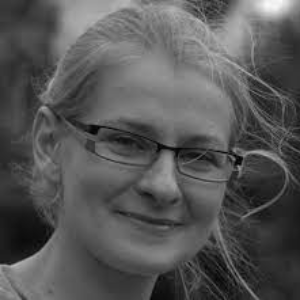Title : Women with disabilities and access to gynaecological services in Poland
Abstract:
There is little data on the access of binary and non-binary women with disabilities to gynaecological services in Central and Eastern Europe, where the shaping of public policies towards disability has been dominated by medical approaches and has not taken into account the complexity and intersectional character of the phenomenon. The aim of the presentation is to analysis the challenges faced by women with disabilities in accessing and using gynaecological care services in Poland. A participatory, qualitative study was conducted, in which 23 women with disabilities participated. The data was collected using structured in-depth interviews. The results suggest that disability causes multilevel difficulties in the access of women to gynaecological care. The misguided organisation of the support system leads to disability-based disparity in health system responsiveness as it lacks the flexibility and responsiveness to meet the special needs of women with disabilities.
What will audience learn from your presentation?
Current health systems are primarily normative and focus on ideal or desired patients, requiring typical interventions and treatment procedures. Support is not validated or nuanced and does not take into account the intersectional needs of patients. This is contrary to the assumption of the principle of social solidarity — i.e. equality in access to medical services — as well as assumptions resulting from accepted international obligations (e.g. Convention on the Rights of Persons with Disabilities).
Women with disabilities do not receive the healthcare they are entitled to and experience infrastructural, mobility, organisational, and communication barriers.
There are also ethical issues relating to authority and power. The study shows that women with disabilities are often neither (fully) informed about, nor involved in, decision-making regarding their health.




